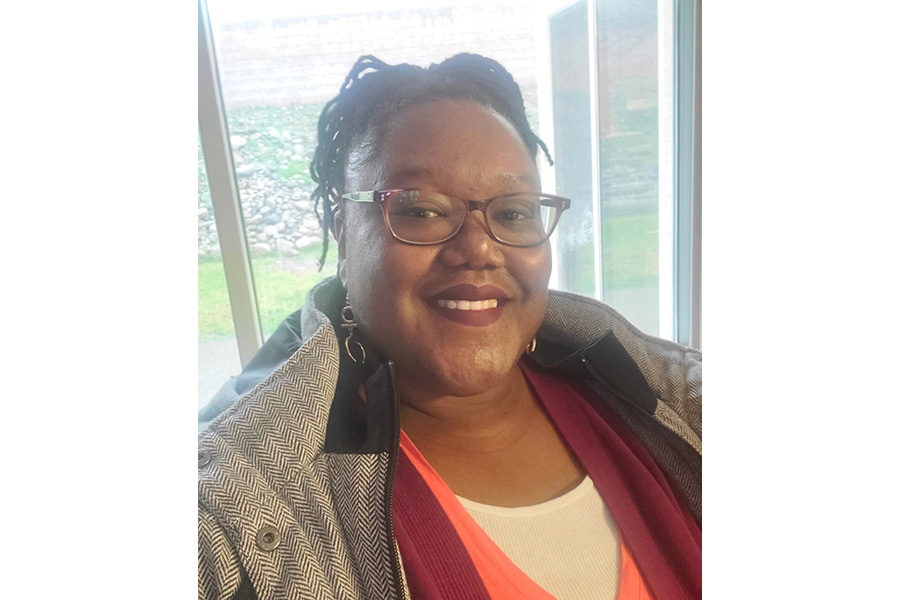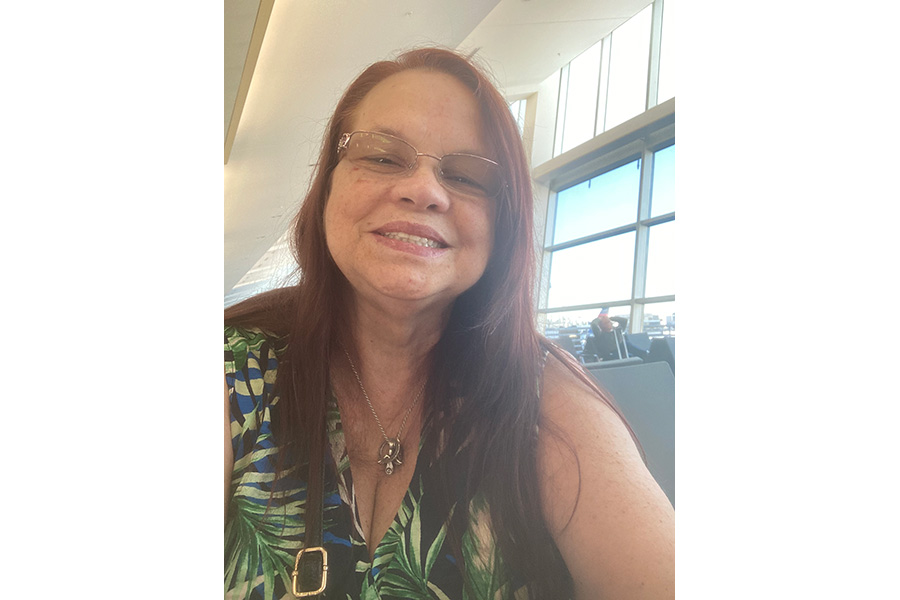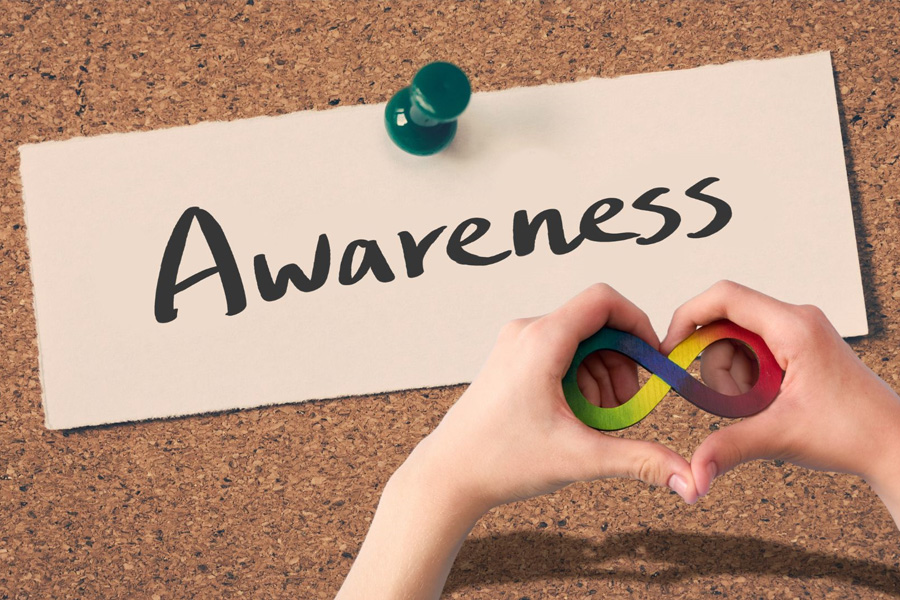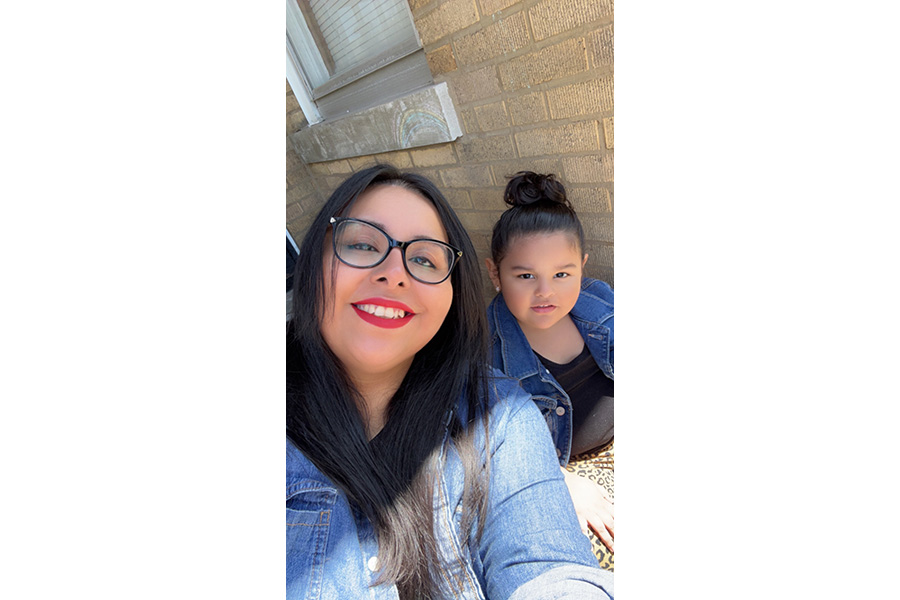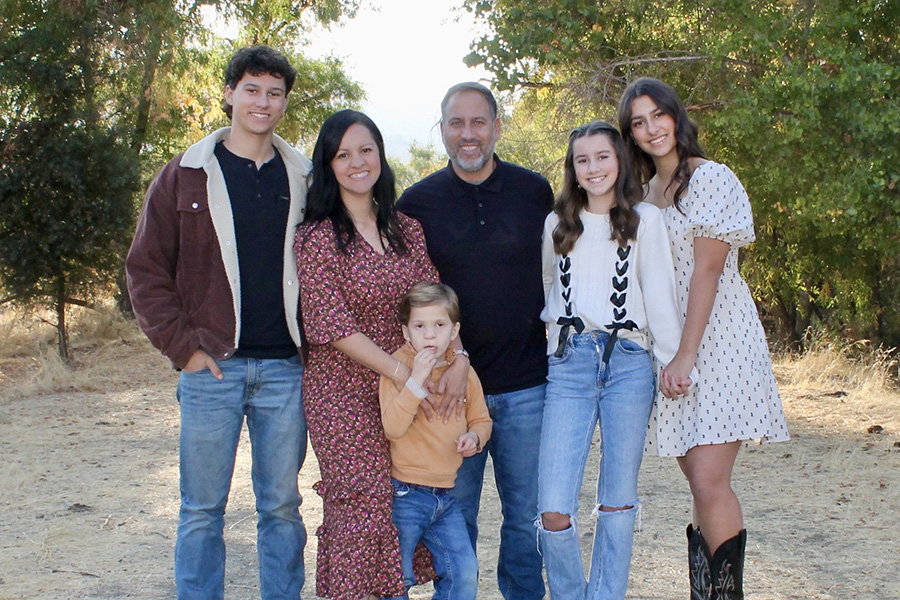Parenting is the most difficult job I have ever had. It’s also the most rewarding. But it’s also challenging and exhausting. As parents, we place a high level of pressure on ourselves to be present, to be aware of every detail of our children’s lives. We feel guilty. Oh, we feel so guilty. We aim to make our time spent with our children fun and magical. Well, sometimes, the most wonderful memories are made doing everyday stuff, such as running errands, taking a long car ride, or having a conversation over dinner.
As a parent, you just need to be good enough.
You Don’t Need to Be All Knowing
As parents, we often feel we need to use each moment to teach a lesson or a moral. We need to be the “all knowing” parent who has the answers and can fix things. We don’t want to make errors in front of our children and many of us struggle to admit when we’ve messed up.
It’s okay to make mistakes. In fact, your children will learn more by watching you make a mistake and how you choose to handle it. For example, when you call up a friend and work through a disagreement or admit to making an error and apologizing. It’s a wonderful thing for your child to watch you work through your error with grace and not self-denigration (e.g., I’m so stupid!). Allow your children to internalize your gentle and forgiving voice and messages that you say to yourself that will ultimately become their own words and messages to themselves.
It’s also okay to not have the answer all of the time, and instead say, “I don’t know. What do you think?” It doesn’t make you any less of a parent. In fact, by not having the answers all of the time, you are helping to build your child’s problem-solving ability, confidence and resilience.
You Don’t Have to Be Perfect
As a parent, you don’t need to display perfection – perfection with your choice of friends, social gatherings, the car you drive, or appearance. In fact, seeing you as human without the need to create a lifestyle or social image that is not real is most likely going to serve your teens as they are developing their identity and forming their friendships.
Set realistic and honest expectations and standards for you and each of your children. Each child may have different goals academically, athletically, artistically, etc. Each child is different and each one is wonderful in their own way. For example, you may communicate that you are working towards a promotion and so you are setting goals for yourself with your supervisor to achieve that goal. Share with your child or children what you are doing and the progress that you are making. This way, they can see that working towards a goal takes time and effort. This will also help them to understand that magical thinking doesn’t achieve goals but setting intention and identifying steps does.
Laugh Daily
Parenting an infant and toddler naturally welcome and encouraged smiles. Although the physical care of our children was high, I remember feeling good about myself as a mom. I remember being physically exhausted at the end of the night and looked forward to the next day when I could make eye contact with my drooling baby.
As children become older and they work on building their independence, building their personality and their identity, parenting becomes emotionally more challenging. The smiles are less frequent. The funny moments happen less often. It then becomes our job to bring the levity into our homes. Share about something you found funny that happened during your day. This offers a two-fold benefit – your children can see that you have a life outside of theirs, and your relationship benefits from the lightness and laughs (but most likely only smiles) that you will share together.
Your Kids Don’t Have to Be Just Like You
When we imagined ourselves as parents, many of us imagined that our children would look up to us adoringly and want to engage in all of the things that we enjoy. I imagined that my children would prefer to spend time with me more than anything else. Can you imagine my shock when I realized that my child didn’t have the same work ethic and didn’t value perseverance and instead, wanted to find the easy way out?
Our children are not going to have the same interests we have or want to have the same interests. They will have their own areas of passion and strengths; their own friends; their own extracurricular choices, their own future career and none of this might be what we imagined or wanted for our child. In fact, it may be quite different.
This is where it becomes very difficult for us as parents to wrap our minds around the fact that we didn’t fail our children, but rather they are different and separate human beings than us. Dr. Shefali Tsabari shares in her book “Conscious Parenting” that our children don’t belong to us. Yes, we often say ‘my child’ but they are his/her own person and that person may not look like what we wanted or dreamed of. Instead, our job is to support our children to become their own self, and for us to be aware of all of these messages that we have inherited from our parents and they inherited from theirs and so on.
This parenting gig really brings forth our own childhoods and it’s our responsibility to truly understand the messages that we were given as children. Those are the expectations that we have the messages that we give our children. Are those messages relevant to you and your child now, in the present? What are your communicating to your children unconsciously?
Maybe you are aware and maybe are weren’t. Maybe those messages serve you and your children and maybe they don’t. As a parent, this task of bringing forth the messages that we have internalized as our own and are now passing on to our own children is a very difficult and often painful task. Yet, in the end, you will be in tune with your child and as yourself as a parent.
Dr. Liz Matheis is a licensed Clinical Psychologist and certified School Psychologist who specializes in working with children with ADHD, Anxiety, Autism, Learning Disabilities, and behavioral struggles. She is also mom to three children, one with special needs. Her practice, Psychological and Education Consulting, is located in Livingston, New Jersey.








